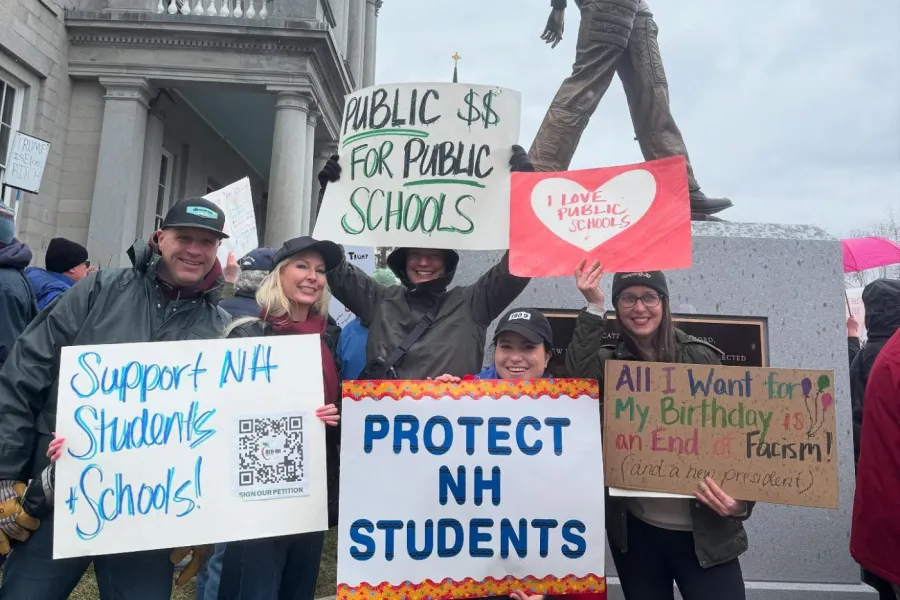
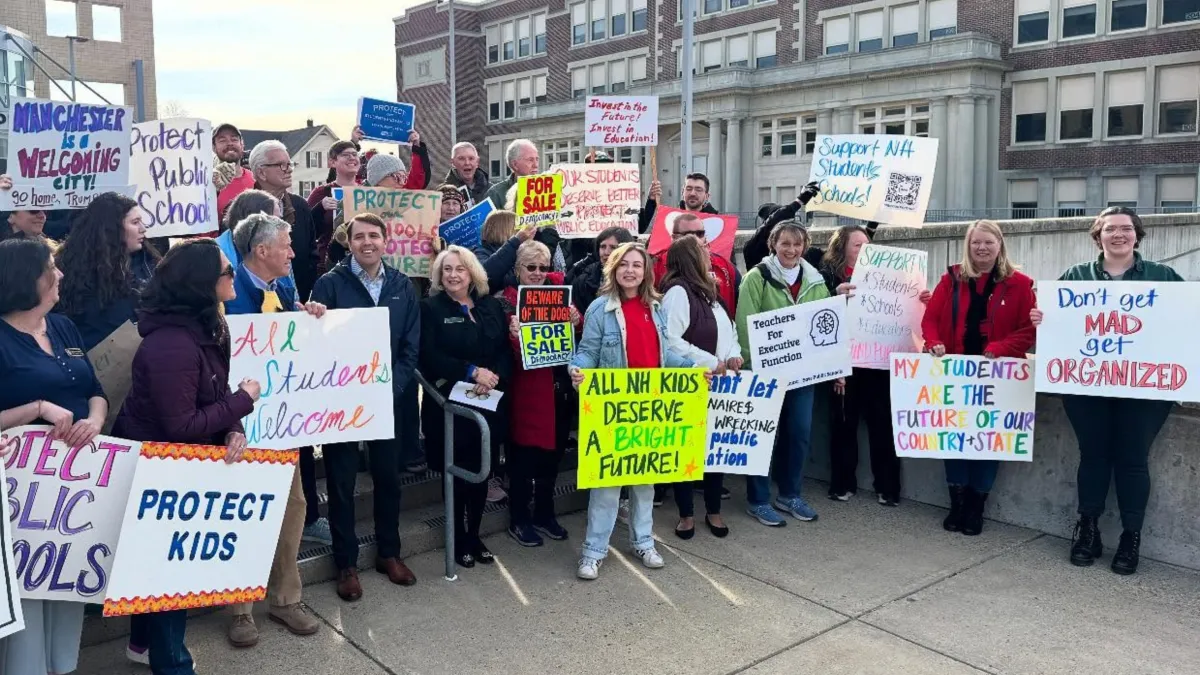
A Great Public School for Every Student
We are New Hampshire's largest educator union; together our voice is stronger as we advocate for our students, our schools, our communities, and our profession.
Get the Latest on
12/13/25: NEA-NH Legislative Update - Veto Day
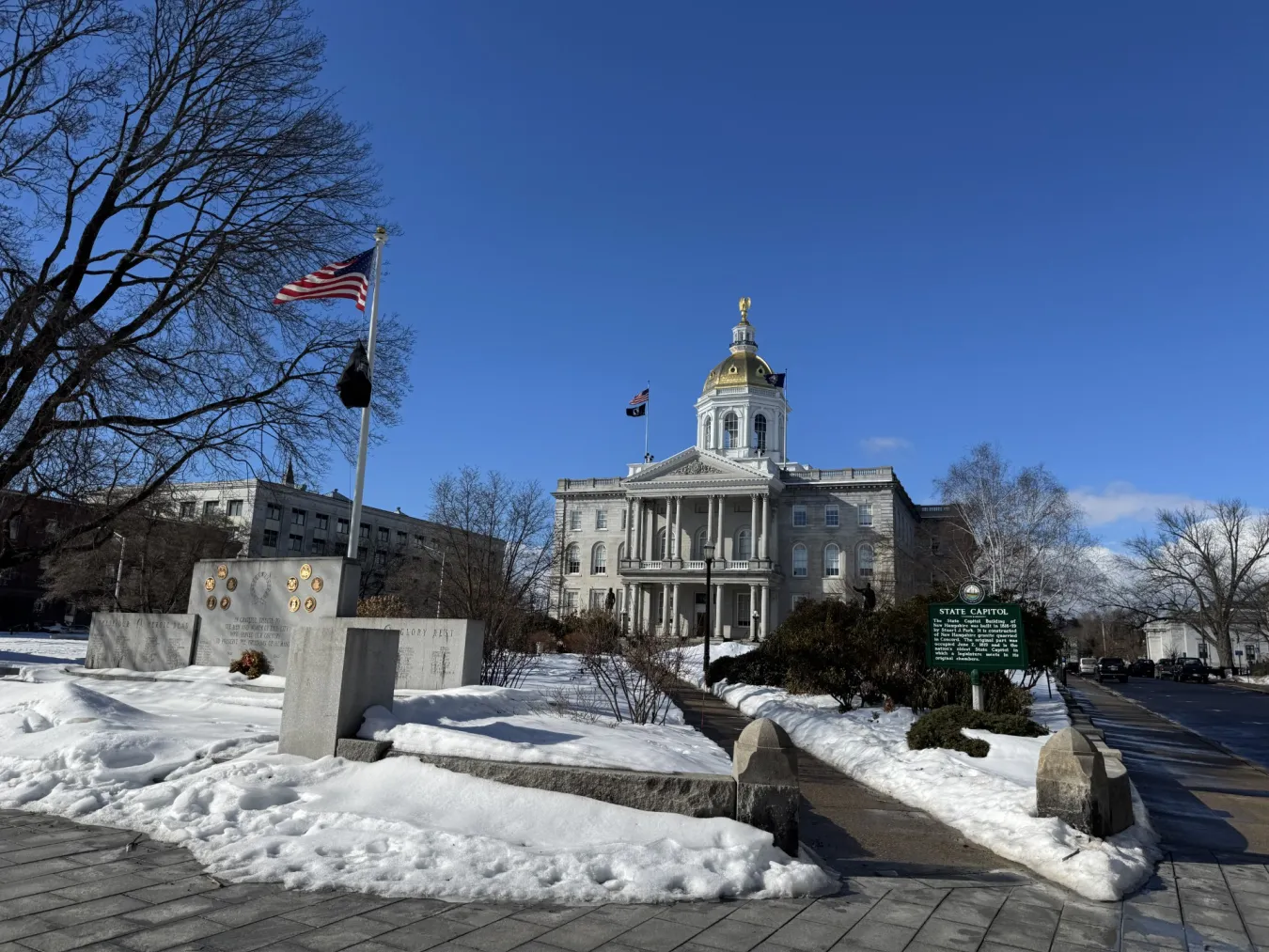
12/13/25: NEA-NH Legislative Update - Veto Day
On Wednesday, the House will convene to take up bills that were vetoed by Governor Ayotte, including a book ban bill, a mandate for partisan school board elections, and more.
Appreciation for NH Educators During American Education Week

Appreciation for NH Educators During American Education Week
NEA-NH President Megan Tuttle marks American Education Week by sharing her appreciation for the dedicated educators who help make our schools safe, welcoming places for all students to learn.
The Real Life Miss Frizzle, The Equation for Engagement, and Magical Learning: Three NEA-NH Members Finalists for 2026 NH Teacher of the Year

The Real Life Miss Frizzle, The Equation for Engagement, and Magical Learning: Three NEA-NH Members Finalists for 2026 NH Teacher of the Year
All the three finalists for the 2026 NH Teacher of the Year are NEA-New Hampshire members: Justine Dube (Raymond); Jennifer McDonald (Gilford); and Megan Philbrook (Andover). Recently, we sat down to talk with them about their nomination, the experience, their teaching philosophies, and the importance of union membership.
Middleton Educators Get Out of Their Comfort Zone, Get Historic Contract Victory

Middleton Educators Get Out of Their Comfort Zone, Get Historic Contract Victory
This year, Middleton Education Association bargained for their first contract ever. While the first vote before the legislative body was unsuccessful, they didn’t give up. They reorganized and engaged in a comprehensive public education and voter mobilization campaign to ensure their second attempt was successful.
New data shows New Hampshire 50th in the nation for state public education funding; some gains in educator pay, but profession is still undervalued and underpaid
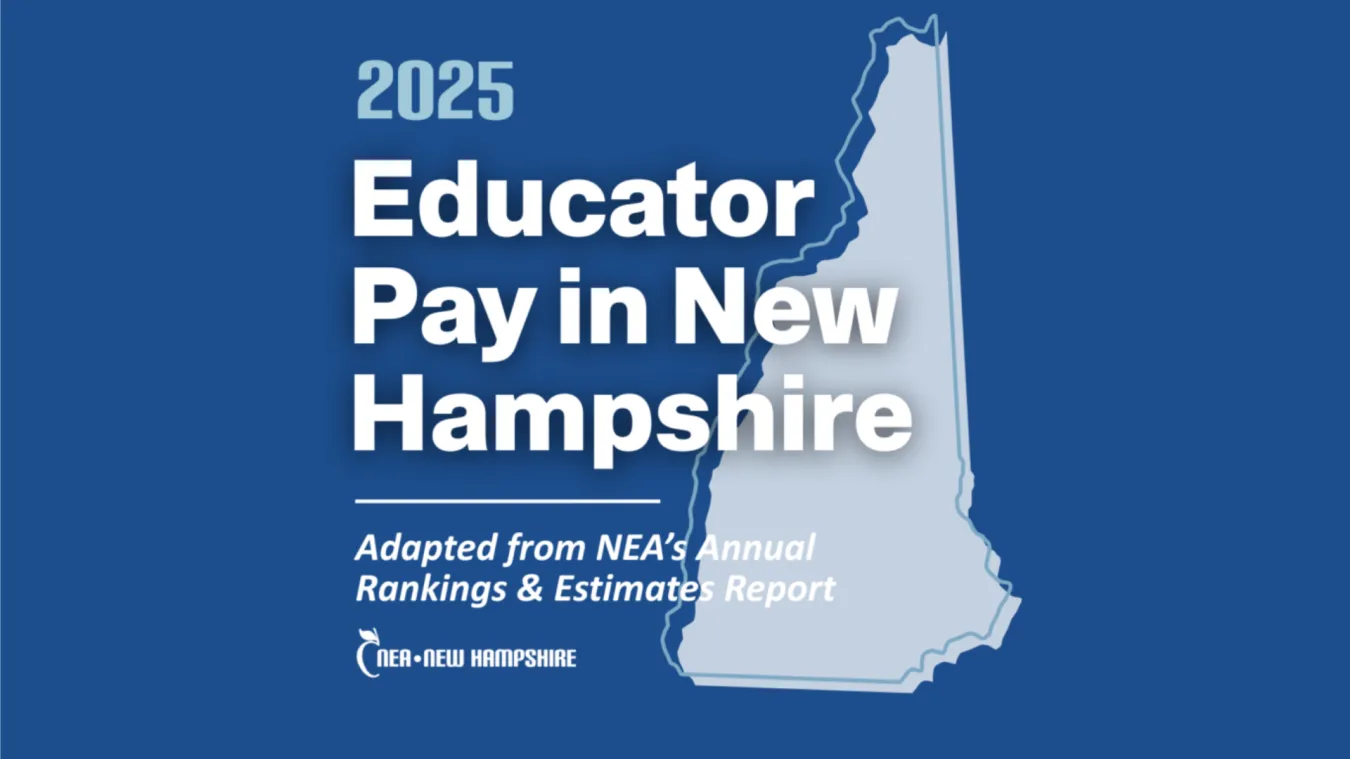
New data shows New Hampshire 50th in the nation for state public education funding; some gains in educator pay, but profession is still undervalued and underpaid
National Education Association releases four reports detailing the state of education funding and pay for educators in New Hampshire and around the country
Why is the Department of Education So Important?
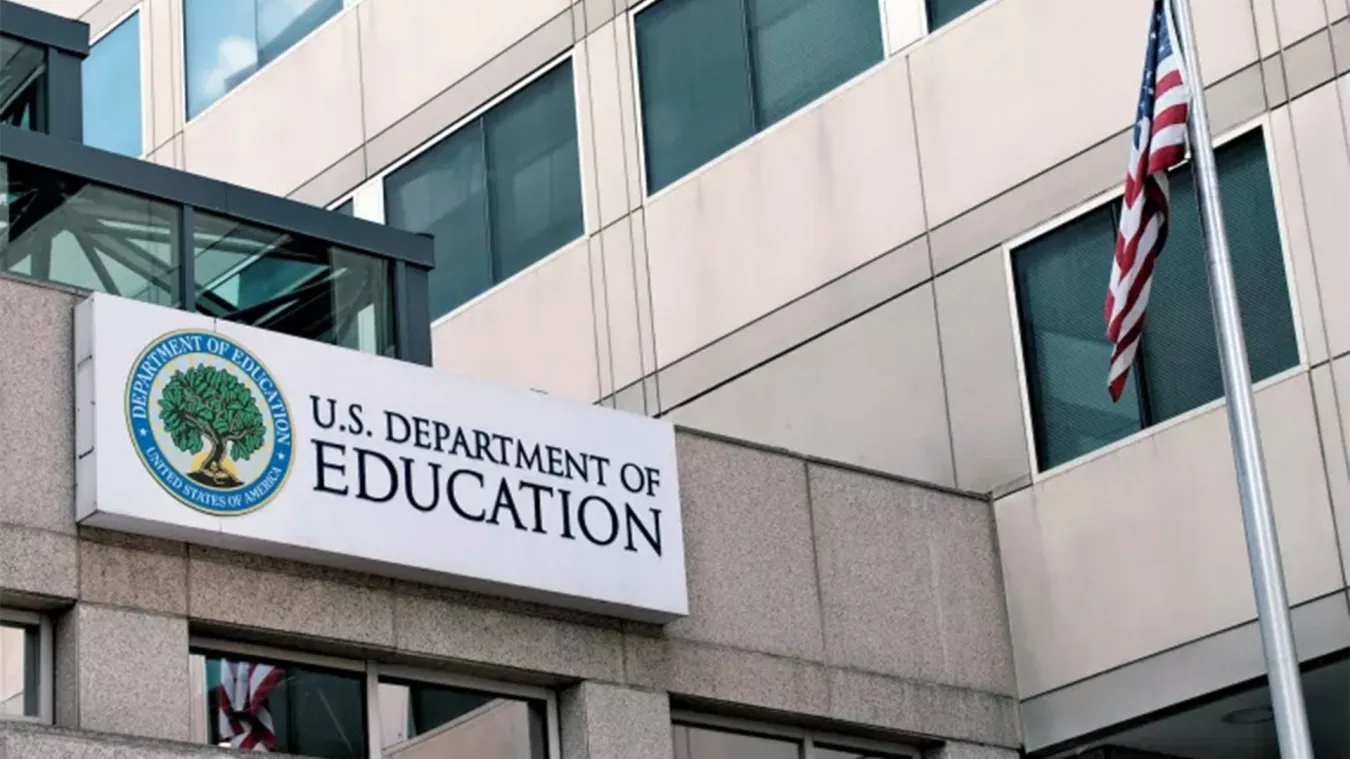
Why is the Department of Education So Important?
Learn the truth about what the Department of Education does for students and families.
Our best hope for student success IS YOU.
Your passion and commitment are crucial to helping all students—of all colors and backgrounds—learn, grow, and fulfill their potential. Here’s how you can get started.


Achieve professional excellence

Advocate for Your Rights & Working Conditions
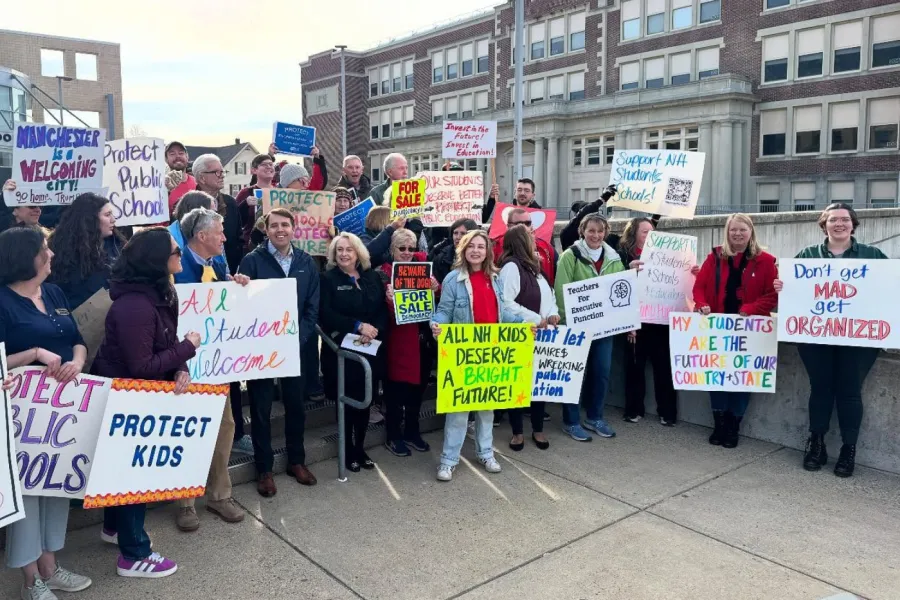
Advance justice with us
Your Union. Your Voice.
We are THE voice for educators in New Hampshire. Learn more and get involved with your union!
Let’s BRING REAL CHANGE
Let’s GET REAL
1 in 5 children lack consistent access to meals at home.
Let’s BRING REAL CHANGE

The Community Eligibility Provision of the Healthy, Hunger-Free Kids Act eliminates student hunger at school. Some politicians want to end it, but we can build a future where every child is fed, focused, and free to learn.
Learn what's at stake for students & communities
38 million children receive health care coverage through Medicaid and the Children’s Health Insurance Program
Let’s BRING REAL CHANGE

Congress is considering cuts to Medicaid that threaten the healthcare that tens of millions of families rely on to cut taxes for the wealthy, but educators are speaking out about the importance of Medicaid funding to our families, schools, and communities.
Learn more about how educators are speaking out
What’s on Your Mind?
We’re here to help. Our union has the tools we need (guides, reports, trainings, and more) to help answer everyday questions. Together, we can support each other in whatever we need.
- Collective Bargaining
- College Affordability
- Diversity & Inclusion
- Education Funding
- Gun Violence
- High Poverty Schools
- Immigration
- Legislation
- Mental Health
- Multi-Lingual Learners
- Politics & Campaigns
- Privatization
- Racial & Social Justice
- School Climate
- Special Education
- Trauma
- Voting Rights
- Workplace Conditions

"Students with disabilities weren't educated in most cases."
In 1975, Congress passed what is now known as the Individuals with Disabilities Education Act (IDEA), requiring schools to provide equal access to education for all students with disabilities. The landmark law ushered in an era of inclusion and equity. The current assault on public schools could unravel that progress, leaving students without the support they need.
A society made stronger through world class public education
NEA-NH believes every student, regardless of family income or place of residence, deserves a quality education. In pursuing our mission, we will focus the energy and resources of our 17,000 members on improving the quality of teaching, increasing student achievement and making schools safer, better places to learn.
